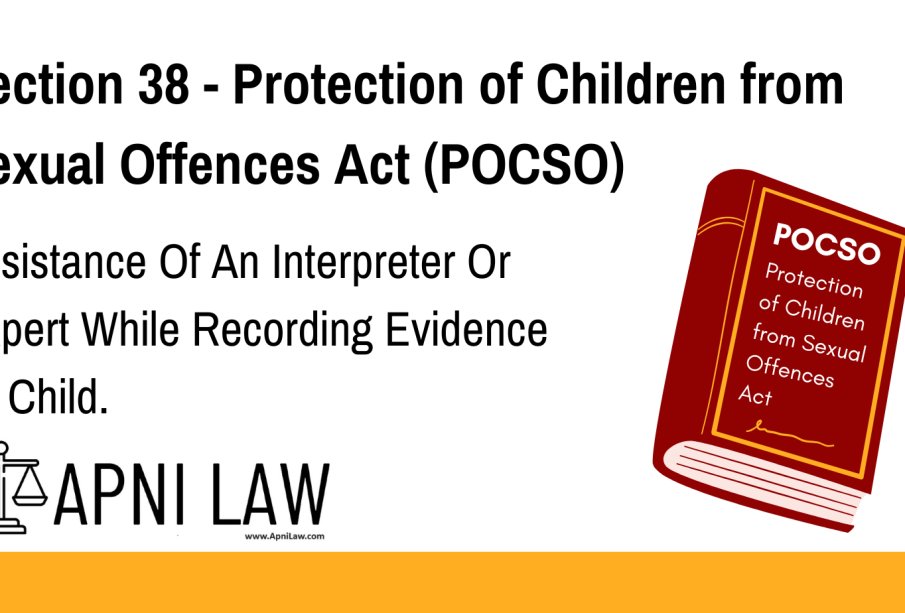Understanding the POCSO Act: Safeguarding Children’s Rights

Introduction
The Protection of Children from Sexual Offences (POCSO) Act, enacted in 2012, is a crucial legal framework in India aimed at safeguarding children from sexual abuse and exploitation. As child safety becomes increasingly urgent in contemporary society, understanding the implications of this act is vital for every individual, especially parents, educators, and policymakers.
Key Provisions of the POCSO Act
The POCSO Act sets forth stringent measures to protect minors, categorizing sexual offenses against children in a comprehensive manner. This includes definitions and penalties for various forms of abuse such as sexual assault, harassment, and pornography involving children. It mandates mandatory reporting, ensuring that any person who witnesses or suspects such offences must report it to the authorities. This transformative measure empowers communities to actively participate in child protection.
Recent Developments and Judicial Interpretations
Recent statistics indicate a steady rise in the number of reported cases under the POCSO Act, highlighting the importance of its enforcement. As of 2023, according to the National Crime Records Bureau (NCRB), over 27,000 cases were registered in just one year, reflecting both a growing awareness of the issues surrounding child abuse and the effectiveness of the POCSO framework in pursuit of justice.
Moreover, various high-profile judgments have further clarified the provisions of the act, particularly in cases of online exploitation and grooming where offenders deploy digital platforms to exploit minors. Courts have ruled in favor of strict adherence to the law, setting precedents that support victim protection.
Challenges in Implementation
Despite its robust structure, the POCSO Act faces implementation challenges, including underreporting of cases, lack of awareness, and adequate training for law enforcement agencies to handle such sensitive cases. There’s an ongoing demand for enhancing training programs for police officers and judicial officials to create an effective response to child sexual crimes.
Conclusion
The POCSO Act represents a significant leap towards ensuring the rights and safety of children in India. As awareness about child sexual abuse increases, it is imperative for society to remain vigilant and proactive in safeguarding children. The enhanced engagement of community members, educators, and law enforcement is essential to overcoming the prevailing challenges and making the POCSO Act a genuine tool for protecting children’s rights. The future of child safety in India depends not only on effective legislation but also on collective awareness and action.









